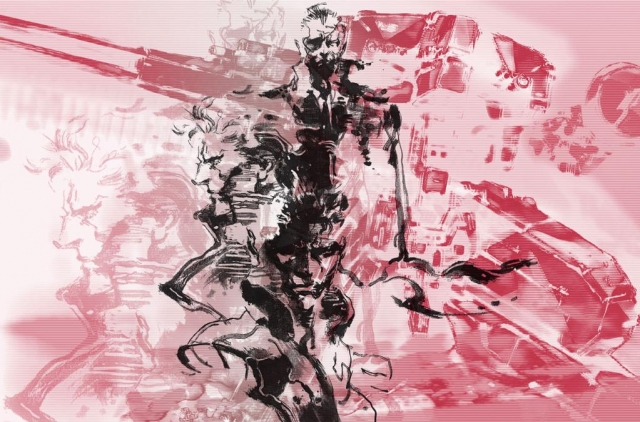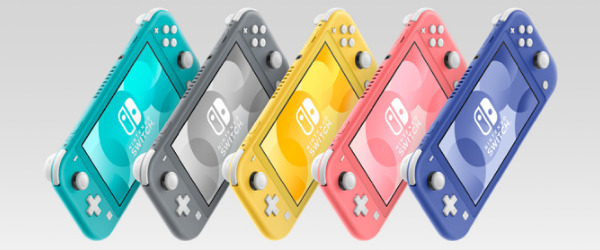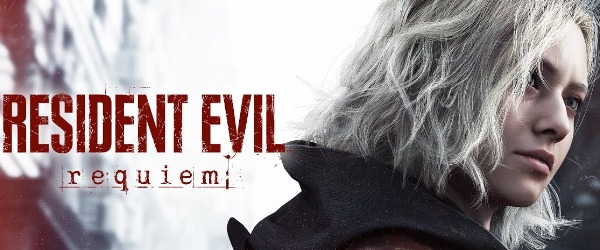
Why Used Games are Good for the Industry - Article
by Jake Weston , posted on 06 January 2013 / 5,961 ViewsAt first, I didn’t really feel compelled to say much of anything about a recent patent by Sony that suggests they wish to cut used games playability from their next generation consoles. After all, there’s not much I could say that hasn’t been said in the plethora of articles that have arisen online in the last few days that have heavily criticize the patent, mostly arguing that the elimination of the used game market would be harmful to consumers and players. And while this is a stance I mostly agree with, I think there could possibly be a bigger issue at stake here. If Sony’s next console (and other next-generation consoles, for that matter) block out used games, it will not only be a pain in players’ sides, but detrimental to the games industry as a whole.

It’s important to note that nothing is set in stone just yet, but Sony’s patent makes sense from a business perspective, at least at first glance. Video game publishers and developers get the majority of their income from first-hand sales (new, unopened copies, and through digital distribution) of video games. They don’t see a dime from sales of used games from stores such as GameStop, other corporate chains, and independent stores across the country. By instilling a feature in consoles that make it impossible to play used games, they would be forcing consumers to pay for new copies of all games, making sure that at least a portion of every sale goes to the people who make the game. It’s a financially well-informed move, gives the money to the right people, and they have every right to do so if they wish.
And it’s a really, really bad idea.
Because eliminating used game sales is a short-term solution to a long-term problem. Due to a variety of social and economic factors, video game companies are hurting right now. Studios are closing left and right, even after the release of successful games. THQ, which used to be one of the biggest publishers out there, recently filed for bankruptcy. This news is no doubt scaring Sony (and most definitely other publishers), who see the used game market as a vacuum that is sucking up potential sales. However, while getting rid of used game sales would help profits in the launch window, it would alienate players and potential fans in the long run.
Of course, I am no marketing or sales consultant, but I can speak from personal experience. And if I know gaming, I know that my experiences are far from unique. There are countless games and game franchises that I would not have bought unless I had been led to them by a related used game. Looking at the last year alone, I would not have been led to Borderlands 2, Assassin’s Creed III, Mass Effect 3, Transformers: Fall of Cybertron, or Darksiders II had I not obtained second-hand copies of their predecessors (granted, these are high-profile releases, but as I said, I can only speak from personal experiences, and I do not typically purchase sequels full-priced unless I’ve played their predecessors). Looking at my favorite series of all time, Metal Gear, where each new release in the franchise all but guarantees a day-one purchase of a new copy by me. I would not have been led to Hideo Kojima’s melodrama-induced stealth masterpiece had I not been loaned a copy of Metal Gear Solid: The Twin Snakes from a friend.

Used game restrictions would also severely limit the power of word-of-mouth for a vast number of games. What would happen to the days of bringing over a hot new game to a friend’s house to show them how awesome it is, playing it together and ultimately convince them to buy it? This generation of gaming has already severely limited these types of interactions, from the downplay of splitscreen co-op and decline of portable memory cards, to the rise of day-one DLC and online passes. Being unable to bring copies of your games to other friend’s consoles would be the final nail in the coffin for word-of-mouth advertising.
(It should be worth noting, however, that Sony’s patent seems to suggest that used game restrictions would be tied to your online game account rather than physical, individual consoles. I’m not sure what my thoughts on this are yet.)
Let’s ignore for a minute that the used markets for novels and films have been around long before video games even existed, and they seem to be doing just fine. The thought process in restricting used games comes from the fine line games walk between art and software, and software is much easier to justify restrictions for. This may come off as sentimental and hokey, but if games and the game industry are to grow as socially acceptable providers of art, then shouldn’t we be doing everything in our power to make sure games are as openly available as possible, not insular and limiting? Of course, the games industry is business first and art second (or perhaps even third), but as gaming increases in social prevalence year over year, it seems like such a restriction would produce the exact opposite effect of bringing in more customers.

Used game limitation is also troubling for the life of older games. Some of the great gaming classics I was only able to obtain over a decade after their original release. Even newer games would be at risk under these hypothetical used game restrictions. Earlier this week, it was revealed that all of the titles in the James Bond video game franchise had been pulled from Steam and Activision’s online store. While physical, used copies of these games are easy to find, legally downloadable versions are now considerably more difficult to obtain. How would something such as this affect a console landscape where used games could not be played? Would I be unable to play my new, legally obtained copy of 007 Legends on my PS3 because Activision decided they were embarrassed by the license? An extreme question, sure, but then again, we also used to think that locking out portions of single-player experiences then selling them as day-one DLC was extreme.
Game companies care first and foremost about the bottom line, and that’s okay. Most of them are corporations after all. But profits come from a large consumer base, and limiting gaming in this way only serves to alienate players, not to draw them in. Despite Sony’s and other game companies’ reasoning, I remain convinced that locking out used games will ultimately do the industry more harm than good. Given the almost universal backlash that Sony’s patent has generated within a day of its reveal, maybe they’ll start to think the same.






















 Essay Pro
Essay Pro